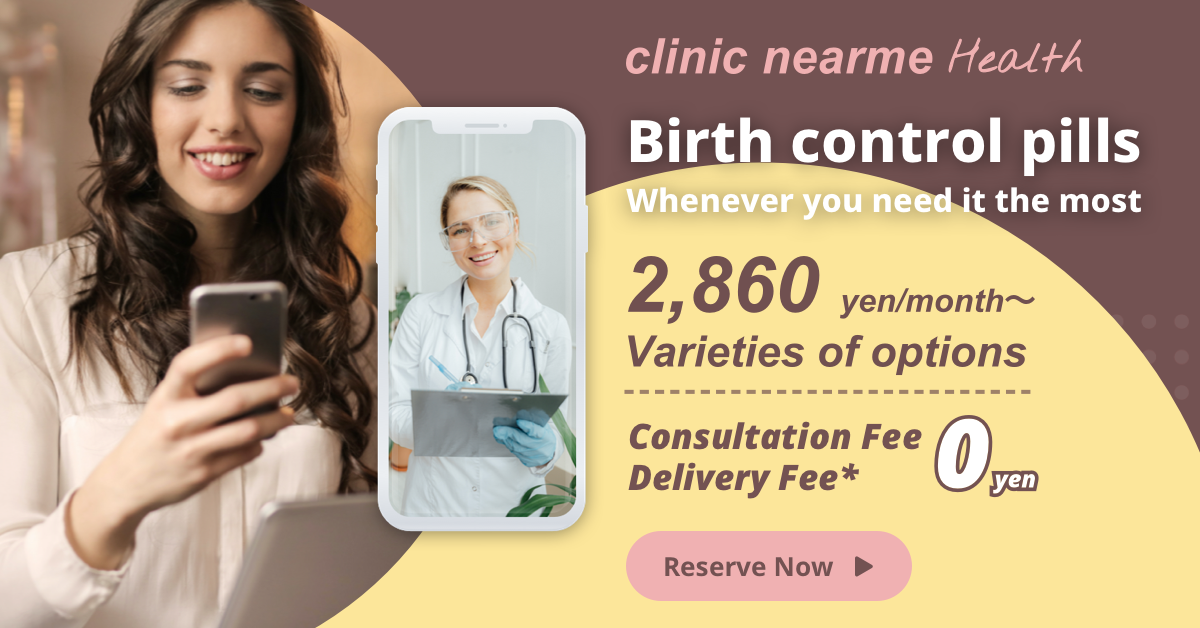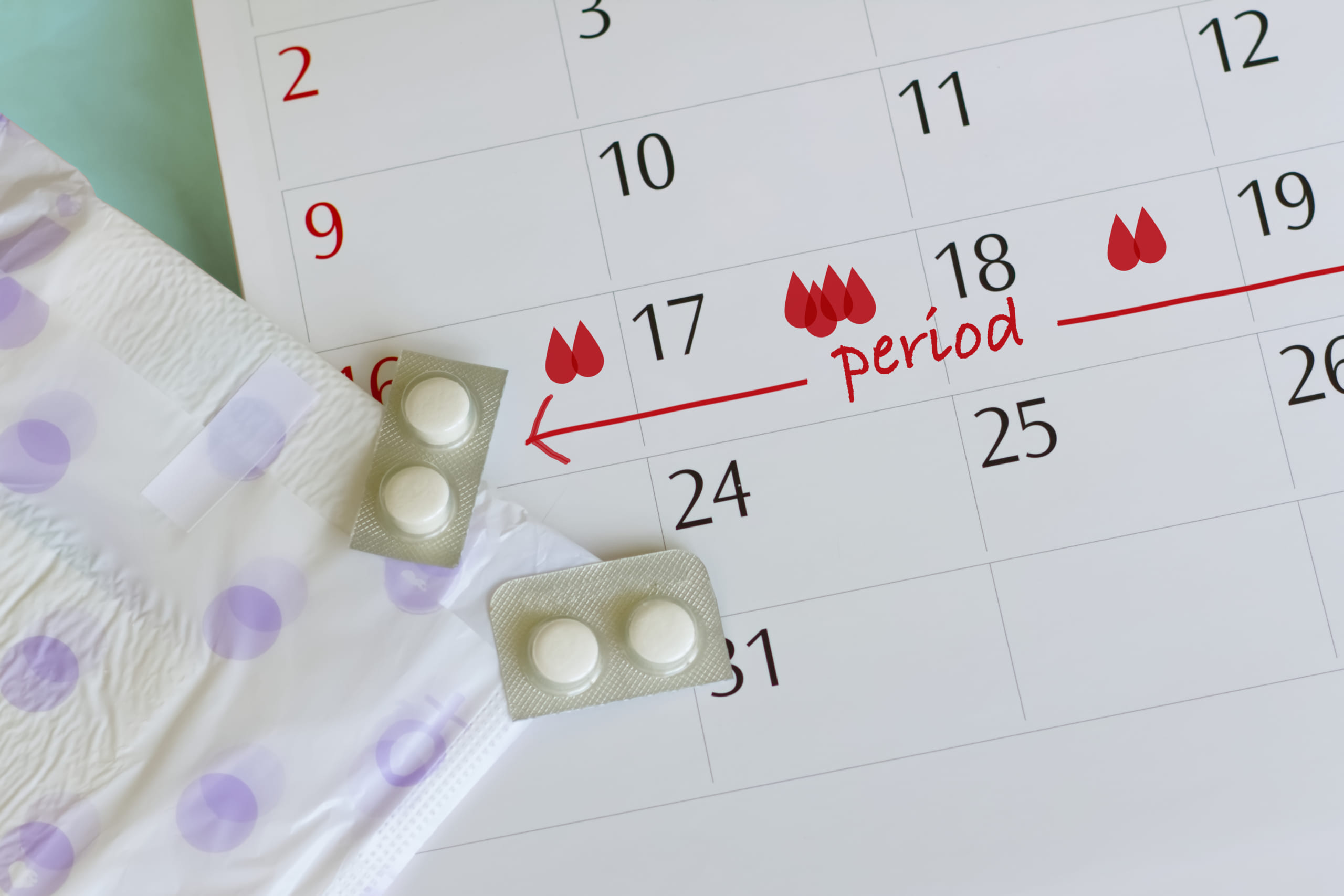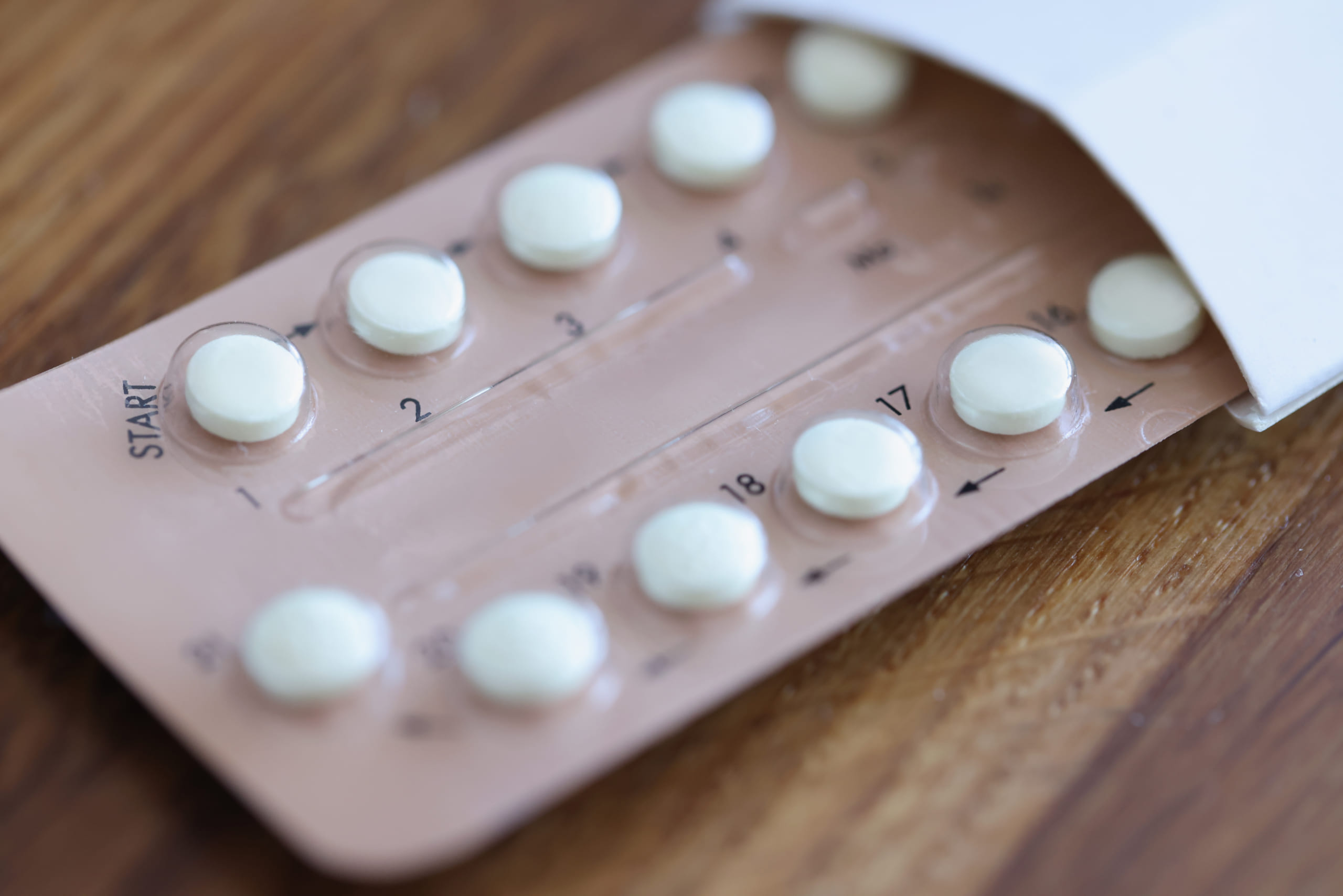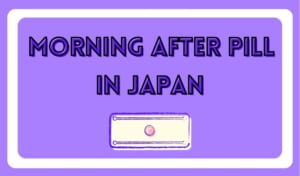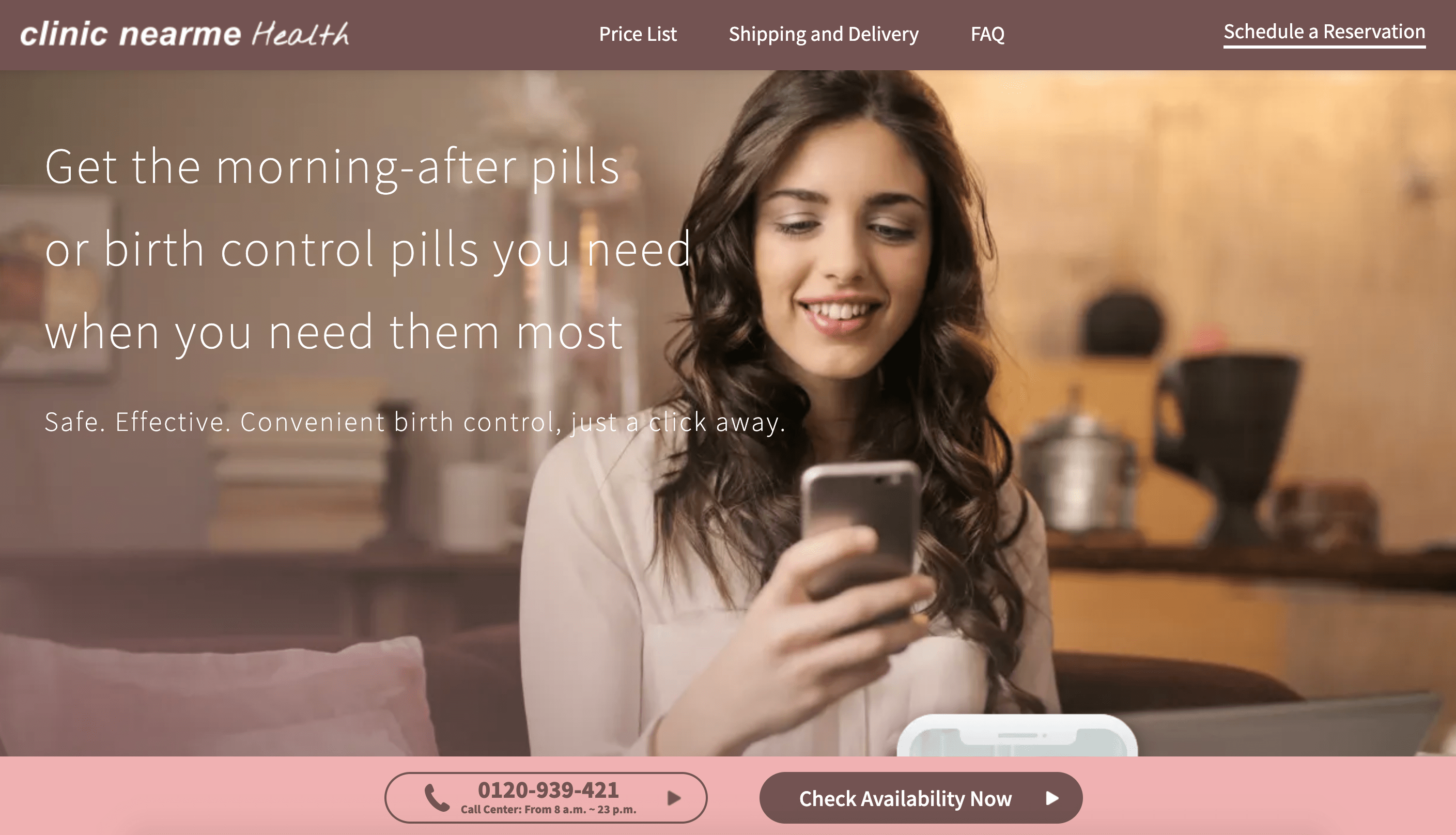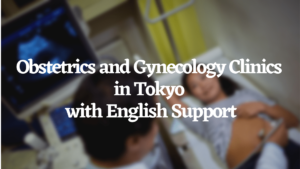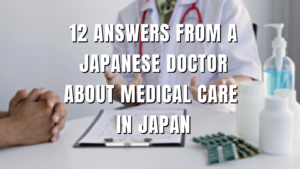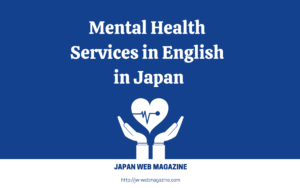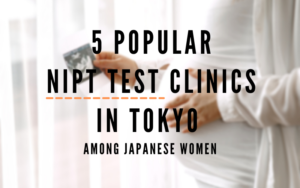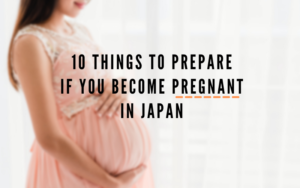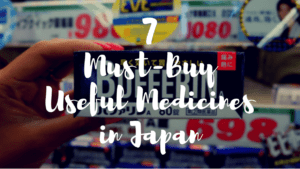Birth Control Pills in Japan: Things you Need to Know
How and Where to get Birth Control and Morning After pills in Japan
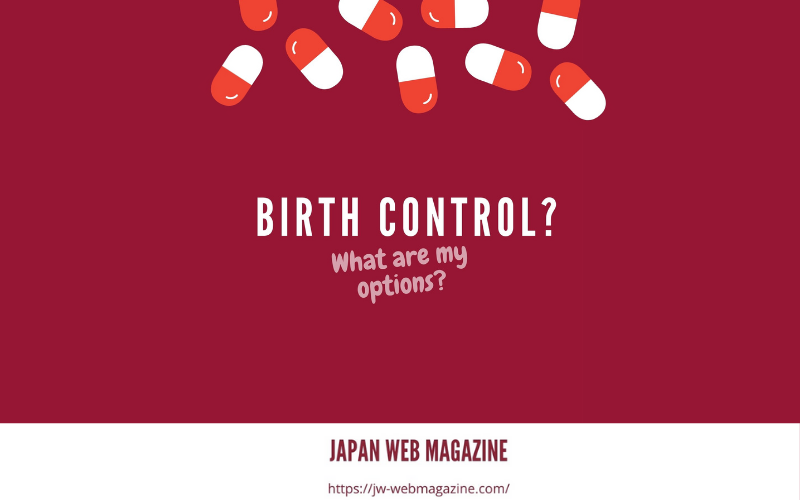
Today, people have an astonishing variety of options when it comes to birth control, in both method and service delivery. We, as women, should all feel glad and grateful because we now have the highest than ever control over our fertility.
While there’re several other non-hormonal-birth-control methods, from conventional means like IUD or condom to the popular and almost celebrity-like figure of contraceptives, the pills. As a matter of fact, 2018 statistical research shows in the USA alone, 14% of women aged 15-49 are currently taking birth control pills, or “the Pill” as some teenagers like to call them.
On the other hand, only 3% of medical facilities declared to provide consultation services for people looking for contraceptive pills in Japan. By reading this article, we would like to walk you through everything about this medication and its current status in Japan (including emergency contraceptive pills or morning-after pills, for some). Considering Japan Web Magazine is all over the latest in women’s reproductive health.
*Please note that this article contains affiliate links.
Looking for the pill in Japan? Clinic Nearme can ship it to your home!
Pills in Japan
The first birth control pill was approved by the Food and Drug Administration(FDA) in 1960. Three years later, in 1963, doctors could prescribe it as an oral contraceptive. But it will have to wait for another 10 years, women could finally buy them freely before marriage.
Sixty years have passed and entering the 21st century significant gaps in access remain, driven by politics, poverty or cultural concerns. For instance, Japan is one of the largest and most developed economies in the world. It surprised me that the first birth control pill was introduced to the Japanese 40 years after it became a daily routine for most western women. In fact, Japan was the only U.N. member not to approve oral contraceptives to be an over-the-counter medicine while other countries did, and this delay has had a knock-on effect on the birth control pill’s popularity to this day. And since the pills in Japan remains to be prescription medicine, it can’t be advertised openly, which is why it isn’t hard to imagine Japanese people’s understanding of pills remains low.
Only recently, the national diet had heated debates over whether the birth control pills in Japan should remain restricted by prescription. For now, access to pills in Japan requires a doctor’s prescription and the average cost is around 2-3000 yen per one month pack, which is an unacceptable price for many. However, we could expect to see some changes take place pretty soon, perhaps as fast as next year. According to the Asahi Shimbun, many Japanese are urging their government to ease the rule on the sale of birth control pills and give people the right to buy the pill without any doctor’s prescription. The previous Suga cabinet was leaning towards making this possible and had actually put the contraceptive bill forward. If this activity does pass the legislative process, it would be considered a great leap forward and bring Japan in line with other 100-plus developed countries.
Best Birth Control Pills in Japan
In reality, a wide variety of Japanese birth control pills brands are available in the country. From monophasic ones (containing equal amounts of the hormones for the entire cycle) to multiphasic pills (altering the ratio of progestin to estrogen during the whole 21-day cycle). The most popular Japanese pills brands are Marvelon (マーベロン) and Ortho M-21 (オーソ M-21) for monophasic pills. Triquilar (トリキュラー), Ange (アンジュ) and Ortho 777 (オーソ 777) will be be your handful of options when it’s multi-phasic pills you’re looking for.
I’m sure you can’t tell by now your choices are pretty much limited. That’s why, if I made a suggestion, I would argue the most helpful way is to visit a ob-gynes here in Japan. If you were already taking pills in your country, bring your prescription from your country with you and show that to one. At the very least, they should be able to get a close enough match to what your body is used to. If, on the other hand, you are using birth control pills for the first time they can help you find the one that best fits your needs. Over 60 years in the making, many of the choices of birth control are made possible, but there is never a “one-type-fits-all” option.
By the way, if you need to order the pill in Japan, it’s simply called “Piru” (ピル). By saying that, they usually will understand which pill you are referring to.
Morning After Pill Japan
Morning-after pills, also called plan B or emergency contraceptive pill are not highly recommended because it’s introducing too many hormones into your body at once. It often causes severe physical pain and side effects.
But we can all have an emergency and need to ask for that pill. Unlike in other countries, in Japan it’s a bit complicated to get it, although not impossible. Theoretically it’s “enough” to go to a gynecology clinic or hospital that offers this service. They give you the pill on the spot and usually costs about 7,000-10,000 yen, including the visit. This morning after pill is also not covered by the Japan National Medical Insurance, so you have to pay the full amount.
The difficulty in Japan when it comes to getting this pill is that many clinics close early (around 5-6 pm) and aren’t open, for example, on weekends or national holidays. This is very inconvenient when you are in an emergency. But generally, even on weekends, you can find clinics open, even if they are far from your home.
The morning-after pill is called “moningu afutaa piru” (モーニングアフターピル) but is usually abbreviated to “afutaa piru” (アフターピル).
Where to Buy Birth Control Pills in Japan?
As I have explained, in Japan you need a doctor’s prescription to get birth control pills. So it’s usually necessary make an appointment for a visit to a gynecological clinic or hospital with this service.
Clinic Nearme Health
If you don’t feel confident enough with your Japanese level to go to a hospital or you can’t find any clinic near to your home, there’s an option that may suit you.
Clinic Nearme Health is a new service offered by Clinic Nearme, a Japanese company providing life support services for foreign residents in Japan. With Clinic Nearme Health, you don’t even need to go to a hospital since the interview with the doctor is done through a video call with an interpreter. After that, they will send the pills to your home or desired address. So it’s a really easy and convenient service for foreign women living in Japan.
Gynecology Clinics in Japan with English-speaker staff
If you need help finding a gynecological clinic that has English-speaking staff, here are a few.
The Pros and Cons of Birth Control Pills
First off, the pill is much more effective than you think. As Dr. Vanessa Cullins of Planned Parenthood said to Vox magazine, “It’s hard to actually take the pill at the same time every day when you’re living a busy life. If you take these pills every single day, the chances of getting pregnant is 1 %”. In other words, thepill is amazingly more than 90% effective. Despite the name, birth control pills are good for much more than just not getting pregnant.
Over the years it has been discovered that some side effects aren’t always a bad thing and can in fact help with other purposes. The birth control pill can help women with polycystic ovary syndrome, severe cramping in your period, or premenstrual syndrome. Besides, for women who are long-struggling with irregular or painful periods, pills could also be seen as a savior because the active ingredients are normally synthetic versions of estrogen and progesterone, which can help control hormone levels, wa-lah! Here comes your regular menstrual cycle!
As a plus, it may also improve nervousness and mood swings. New research shows most birth control pills users feel less anxious and depressed once they’re on the pill, and why’s that Generally speaking, your hormone levels are altering all the time and when estrogen levels reach their peak in the menstrual cycle, that’s when many women feel they are in their best condition, both physically and emotionally. On the other hand, the decline in levels of these hormones could lead to distress and psychological ill-being. And what most birth control pills can do, is smooth this mountain-shaped hormonal cycle into an even line. Eventually, say goodbye to the emotional you.
Although the pill seems to be the miracle cure for everything, it still has its cons. For instance, women who’re 35 or above and smokers should really give other contraception methods a try instead of taking these pills. Even though this may seem shocking, the truth is some types of birth control pills (of course, not all of them) are linked to blood clotting problems. So if you’re a person who has a history of clots or is more likely to get them for some reason (heavy smoker, family history), you should talk with your doctor about which is the best option for you. Other disadvantages and side effects may include headaches, nausea, breast tenderness or an increase in the size of your boobs (don’t know if that’s a con). Anyhow, it’s always worth giving your ob-gyn a call to discuss all your contraceptive options.
Buy now your birth control pill in Japan in an easy and fast way!
Birth Control Pills and the Skin
Say, if you’re a teen or young adult, you’re probably not a stranger to all those crazy hormone issues. During puberty, your body produces different levels of hormones that affect the glands which control the oil on your skin. That’s why this is also the time when you begin to discover acne and pimples never stops popping up, and sudden facial breakup just came out of nowhere.
For women of any age, pimples and acne, especially those severe ones, can lead to embarrassment, anxiety, or even a more devastating outcome, permanent skin scarring. Little do people know birth control pills are actually being used by dermatologists to treat teen acne for years. “It’s one of the most common things in dermatology that we’re prescribing right now, especially to teenagers and people in their early 20s to treat their acne,” explains Dr. Nancy Samolitis, certified dermatologist of Facile Dermatology +Boutique in LA, when talking to ELLE magazine.
“The Pills” can totally change your skin by regulating your hormones, which is crucial for young women who are still developing or whose bodies are still adjusting from their very first period. The pills actually contain the same hormones which your body makes, progestin and estrogen, only in different amounts, so what it does, is override your body’s signals to release an ovulate. Thus, it lowers your testosterone level, which then leads to breakout reduction.
Testosterone is the hormone that stimulates your skin to produce sebum. As we probably know, excess oils on our face could then clog pores, and the next thing you know is breakouts. So, in theory, if you could somehow drop your testosterone level, you could control the acne from forming. But after all, it’s pure science, not magic. So it might take up to 90 days to see the final result. And even though the pill will help reduce acne, this doesn’t mean you’re free from your daily skincare routine and remove your make-up every evening.
Hope this article has been helpful to other women living in Japan. For more medical information for foreigners in Japan, check the following articles too
▽Related Articles▽
▼Editor’s Picks▼
Written by





